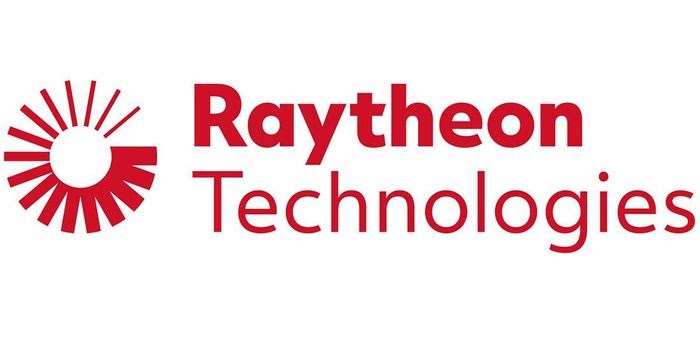[ad_1]
Linked here is a detailed quantitative analysis of Raytheon Technologies Corporation (RTX). Below are some highlights from the above linked analysis:
Company Description: Raytheon Company, the world’s fifth largest military contractor, specializes in making high-tech missiles, advanced radar systems and sensors, defense electronics, and missile-defense systems.
Fair Value: In calculating fair value, I consider the NPV MMA Differential Fair Value along with these four calculations of fair value, see page 2 of the linked PDF for a detailed description:
1. Avg. High Yield Price
2. 20-Year DCF Price
3. Avg. P/E Price
4. Graham Number
RTX is trading at a premium to all four valuations above. Since RTX’s tangible book value is not meaningful, a Graham number can not be calculated. When also considering the NPV MMA Differential, the stock is trading at a 138.7% premium to its calculated fair value of $40.65. RTX did not earn any Stars in this section.
Dividend Analytical Data: In this section there are three possible Stars and three key metrics, see page 2 of the linked PDF for a detailed description:
1. Free Cash Flow Payout
2. Debt To Total Capital
3. Key Metrics
4. Dividend Growth Rate
5. Years of Div. Growth
6. Rolling 4-yr Div. > 15%
RTX earned one Star in this section for 2.) above. The stock earned a Star as a result of its most recent Debt to Total Capital being less than 45%. The company has paid a cash dividend to shareholders every year since 1964 and has increased its dividend payments for 18 consecutive years.
Dividend Income vs. MMA: Why would you assume the equity risk and invest in a dividend stock if you could earn a better return in a much less risky money market account (MMA) or Treasury bond? This section compares the earning ability of this stock with a high yield MMA. Two items are considered in this section, see page 2 of the linked PDF for a detailed description:
1. NPV MMA Diff.
2. Years to > MMA
The NPV MMA Diff. of the $210 is below the $1,700 target I look for in a stock that has increased dividends as long as RTX has. If RTX grows its dividend at 4.8% per year, it will take 5 years to equal a MMA yielding an estimated 20-year average rate of 2.74%.
Peers: The company’s peer group includes: The Boeing Company (BA) with a 0.0% yield, Lockheed Martin Corporation (LMT) with a 2.6% yield and Northrop Grumman Corporation (NOC) with a 1.5% yield.
Conclusion: RTX did not earn any Stars in the Fair Value section, earned one Star in the Dividend Analytical Data section and did not earn any Stars in the Dividend Income vs. MMA section for a total of one Star. This quantitatively ranks RTX as a 1-Star Very Weak stock.
Using my D4L-PreScreen.xls model, I determined the share price would need to decrease to $47.20 before RTX’s NPV MMA Differential increased to the $1,700 minimum that I look for in a stock with 18 years of consecutive dividend increases. At that price the stock would yield 4.7%.
Resetting the D4L-PreScreen.xls model and solving for the dividend growth rate needed to generate the target $1,700 NPV MMA Differential, the calculated rate is 11.6%. This dividend growth rate is higher than the 4.8% used in this analysis, thus providing no margin of safety. RTX has a risk rating of 2.00 which classifies it as a Medium risk stock.
RTX has mixed dividend fundamentals including a free cash flow payout of 74% (down from 184% in the last review) and a low debt to total capital of 31% (flat with last review). The stock is currently trading at a premium to my $40.65 calculated fair value price. The stock is one to watch, but not one that I am buying at this time due to yield and dividend fundamentals.
Disclaimer: Material presented here is for informational purposes only. The above quantitative stock analysis, including the Star rating, is mechanically calculated and is based on historical information. The analysis assumes the stock will perform in the future as it has in the past. This is generally never true. Before buying or selling any stock you should do your own research and reach your own conclusion. See my Disclaimer for more information.
Full Disclosure: At the time of this writing, I was long in RTX (5.5% of my Dividend Growth Portfolio) and also long LMT.
Related Articles:
– Duke Energy (DUK) Dividend Stock Analysis
– Abbvie Inc. (ABBV) Dividend Stock Analysis
– AFLAC Incorporated (AFL) Dividend Stock Analysis
[ad_2]
Image and article originally from www.dividend-growth-stocks.com. Read the original article here.


